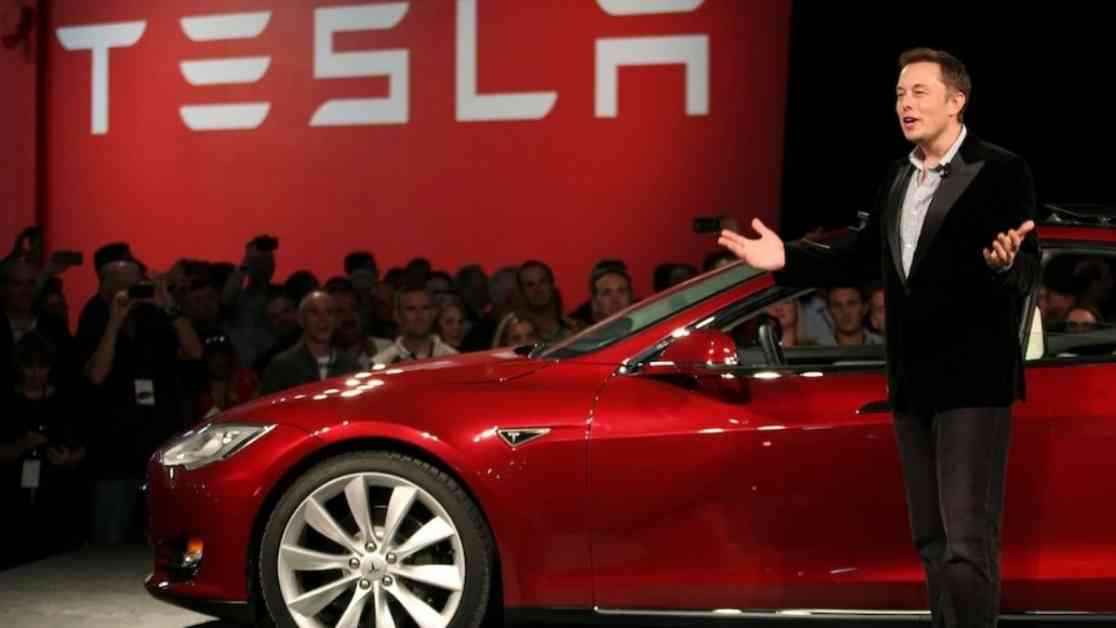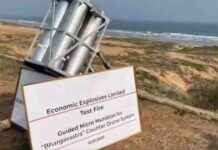Tesla Prepares to Embrace Direct-to-Consumer Model in India Amid EV Policy Changes
As the Indian government gears up to unveil its electric vehicle (EV) policy this April, the landscape for automobile manufacturers is set to undergo a significant shift. With the policy set to allow companies to import vehicles at a reduced 15% import duty, all eyes are on Tesla as it readies to make its mark in the Indian market. Sources close to the matter have revealed that Tesla is poised to kick off its operations by focusing on its direct-to-consumer (D2C) sales model in India.
The upcoming Scheme for Promotion of Manufacturing of Electric Passenger Cars in India (SPMEPCI) is expected to play a pivotal role in attracting global EV manufacturers to the country. This scheme, set to be launched in April, aims to entice manufacturers by offering incentives such as reduced import duties and support for local production. The ultimate goal is to position India as a key manufacturing hub for electric vehicles.
Incentives to Drive EV Manufacturing Growth
Under the SPMEPCI, manufacturers will benefit from a significant reduction in import duties—from 70% to 15%—on up to 8,000 vehicles annually, provided they commit to local manufacturing. To qualify for these incentives, companies must invest a minimum of ₹4,150 crore ($500 million) within three years and meet domestic value addition (DVA) targets of 25% by the third year and 50% by the fifth year. Furthermore, up to 5% of the total investment can be allocated toward the development of charging infrastructure. This policy not only encourages new investments but also supports existing manufacturers, positioning India as a prime destination for EV production.
While Tesla has not been directly involved in recent government consultations regarding the EV policy, sources suggest that the company is closely monitoring developments and weighing its strategic options. The absence of a Tesla representative during the mid-January discussions raises questions about the company’s approach to entering the Indian market. However, industry experts believe that Tesla’s entry through its D2C model aligns with its global sales strategy.
Industry Interest and Potential Impact
Other major automakers, including Hyundai, Kia, and Volkswagen, have expressed their interest in the new policy and are likely to capitalize on the incentives it offers. The potential entry of Tesla into the Indian market has been met with enthusiasm by industry insiders, who foresee job creation and a boost to local supply chains as key benefits of the company’s investment in India.
As Tesla prepares to navigate the Indian automotive landscape, its initial focus on D2C sales is expected to pave the way for a deeper exploration of local manufacturing opportunities. By aligning with the evolving EV policies and market dynamics, Tesla aims to establish a strong foothold in India while contributing to the country’s vision of becoming a prominent hub for electric vehicle production.
The road ahead for Tesla in India is filled with promise and potential, as the company sets its sights on revolutionizing the automotive industry in the subcontinent. With the SPMEPCI policy poised to shape the future of electric vehicle manufacturing in India, all eyes are on Tesla as it embarks on this exciting new chapter.























